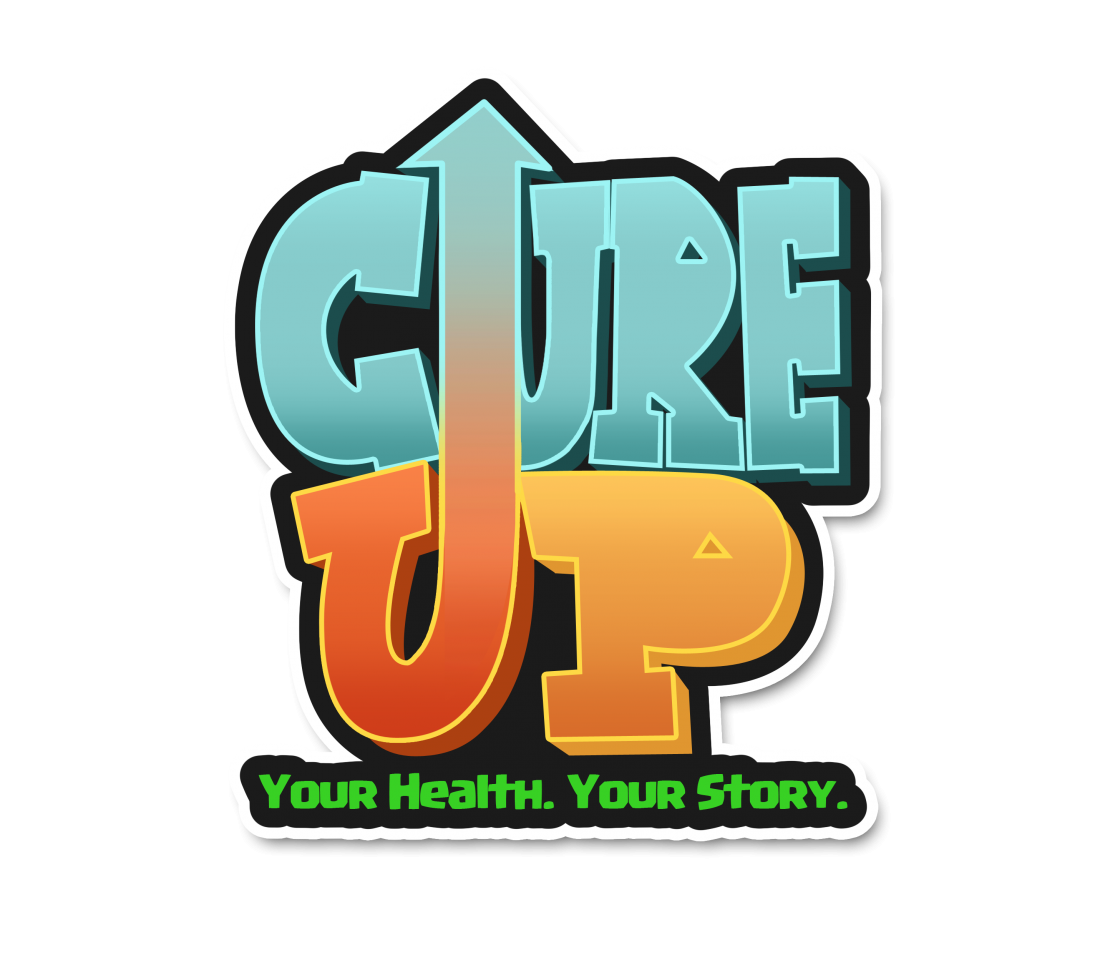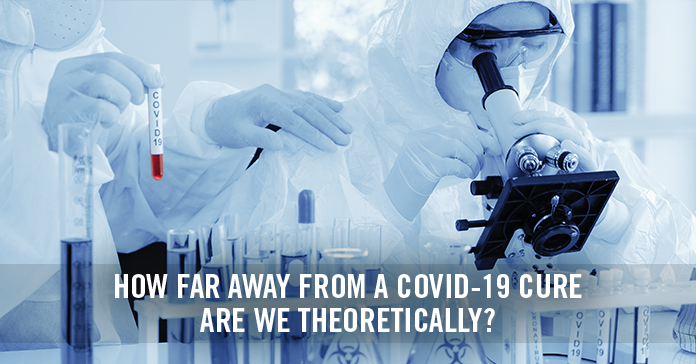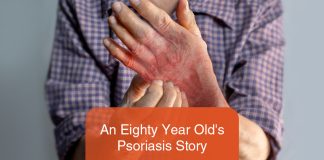Drug discovery Scientists, healthcare givers, and other stakeholders in the health sector have been busy in the past few months with a new disease called COVID-19. The disease is also known as Coronavirus is a viral infectious disease caused by Coronavirus that originated from the city of Wuhan in China. COVID-19 disease is presented with episodes of pneumonia-like symptoms, which include fever, sore throat, catarrh, cold, and cough. However, people with COVID-19 disease do not show the signs between 2-14 days after contracting the virus from an infected person. That been said, individuals with underlying health conditions or older people with a weak immune system may need to fight for their survival when they contract the disease.
The Spread of COVID-19
The novel COVID-19 disease can easily be transmitted from an infected person to a healthy individual. Health people can contract the disease when they come in contact with the droplets or aerosols of an infected person when they cough or sneeze. Also, you can contract the virus when you eat with the hand you have previously used to touch an infected person. Furthermore, you can contract the virus by touching or exchanging materials with an infected person.

Current Efforts in the Treatment of COVID-19 Patients
The emergence of COVID-19 disease has caught the whole world unaware since it was discovered in Wuhan. Scientists have swung into action by sequencing the genomes of the virus, which was an excellent way to understand the kind of virus it may be. The knowledge of the genome gave a complete insight into the precautionary measures that could be taken to prevent the spread of the disease. It also provided an insight into the kind of drug they can use to treat the disease. This has helped to reduce the spread of the disease worldwide. Further research showed that some existing drugs could be repurposed to cure the virus in an infected person.
The scientists are busy in the laboratory working on the development of a vaccine by exploring nature, synthesizing, and derivatizing an existing drug. They are searching for drugs used in the treatment of disease that has similar genome and symptoms as Coronavirus.
How Far Away Are We From the COVID-19 Cure?
Drug discovery and development is a pretty long process. The drug lead discovered in the laboratory from natural sources or through synthetic methods will have to go through various levels of tests. Drug discovery scientists will have to test the lead drug on animals before proceeding to humans for clinical trials. During the clinical trials, the potency, adverse effect, recovery rate, and the period of termination of the virus spread in the body is noted. All this process may sometimes consume time and resources. However, as the investigation for vaccines or drugs for COVID-19 disease in top gear, there is a need to understand the classes of drugs that are being explored to speed up the process.
- Antiviral Agents
As the development of therapeutic arsenal that will be used to cure COVID-19 continues, antiviral agents has been tipped as a possible drug that can be used in the cure of the disease. While the search for vaccine or drug for the disease is ongoing, the drug developed for the treatment of EBOLA is currently subjected to trials for the treatment of the disease. Some of the results obtained from the EBOLA drug showed a reduction in the recovery period of infected patients to 11 days compared to the 15 days previously recorded when patients were treated with other drugs.
Furthermore, the two antiviral combinations used in the treatment of HIV are tipped as another potential drug that can be used in the treatment of the novel coronavirus disease. As of May 4, studies on the anti-HIV drug suggested that people that showed early symptoms of the virus were cured faster. Also, the drug showed mild potency to the disease in people with severe symptoms of the disease. However, when the drug was combined with other antiviral drugs, it was found to be effective as the recovery period of the patient reduced but not as that of the drug used to treat the EBOLA virus. - Influenza Drugs
Drugs used in the treatment of influenza is another potential agent for the treatment of the Coronavirus disease. Research has shown that it could be efficient in the treatment of COVID-19 disease. Hence, more than 43 countries have shifted their focus to the clinical trials of these drugs. - Antimalarial Agents
Some of the symptoms exhibited by a malarial patient are also present in the COVID-19 infected person. Some antimalarial agents have been tipped by scientists for the treatment of the disease. These antimalarial arsenals have proven to be potent in the treatment when the recovery rate of patients treated is considered. It was also discovered that the drugs did not have an adverse effect on the patient. - Antibodies
Currently, one of the best ways to treat COVID-19 disease is to boost the immune system of the body. Over 500 unique antibodies have been isolated from a patient that has recovered from COVID-19. These antibodies are currently being studied for the development of drugs that can boost those specific antibodies that fight the disease.

The Next Steps for Treatment of COVID-19
A lot of research has focused on the discovery and development of drugs that can cure COVID-19 disease. Hence, healthcare practitioners are also working in various healthcare facilities to treat the pneumonia-like symptoms of COVID-19 patients. They are working on sensitizing the public on the preventive ways to COVID-19 disease, which include social distancing, the use of face masks, and personal hygiene. These steps are aimed at keeping our society healthy while the search for a cure is ongoing.
COVID-19 disease is not a death sentence. You can avoid contracting the disease by following the precautionary measures. People can also learn how to live with the disease, stay safe, and work from home while they search for a potent drug is ongoing.









